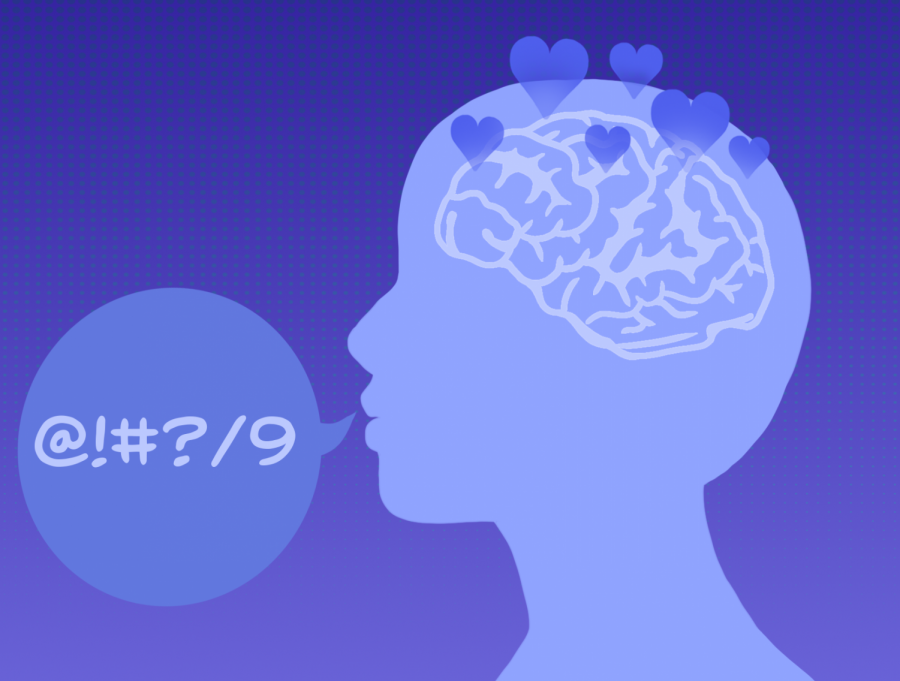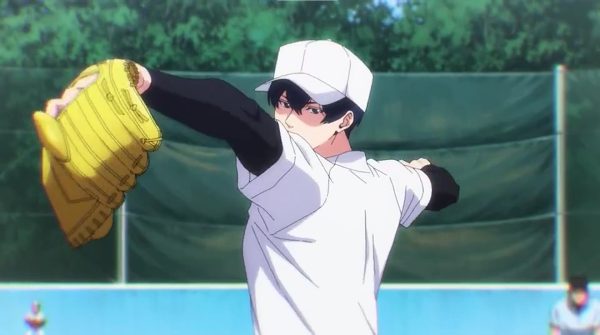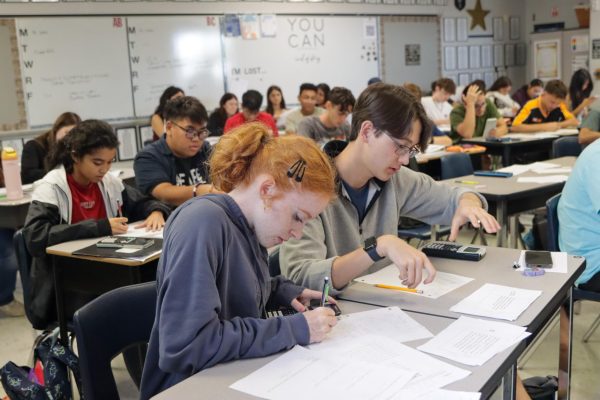Kill ’em with kindness
photo by Bethany Barker
In today’s political and social climate, tensions are high. Changing the way we react to such stressors could mean all the difference when it comes to communicating effectively.
Like a disease as contagious as COVID, the harsh and cruel reality of our current political & social climate has been plaguing social media and poisoning real life interactions with constant negativity. Between racial tensions, political divisions and a mounting health crisis, it’s no wonder people are on edge. Rather than continue to pretend like we are not all on the brink of an emotional breakdown, acknowledging the underlying sense of compassion that fuels this stress is the key to improving productivity when it comes to our discussions. If we can’t learn how to communicate our frustrations with each other, what is the point of bringing it up at all? Shying away from difficult conversations is by no means the answer, however, the mannerisms we use when conveying our opinions hold a lot of power in regards to the outcome.
According to a 1,000 student survey published by Forbes this past Aug., 73% of teens surveyed said that world events over the past six months had made them more worried about their future and 81% said taking a stand is either very important or somewhat important.
We did not really need the results of this survey to prove that teenagers care about each other and their surroundings. Everyday, both online and in real life, students attempt to face down heavy controversies such as the upcoming presidential election and COVID-19 mandates all while expected to maintain a healthy school and private life. More often than not, students find themselves with too many pent up emotions and opinions and not enough communication skills to properly convey them.
Developing coping mechanisms and communication styles that are kind to ourselves and others is key when attempting to address political and social injustices. According to an article published by the Harvard Business Review in 2015, most people go into difficult conversations having already accepted a negative outcome. This is in a sense, is setting you up for failure right from the start. A minor shift in mindset could ultimately affect your demeanor when interacting with someone who has opposing views. Instead of anticipating backlash, going into discussion with a completely open mind could easily be the difference between a productive exchange of ideas and a screaming match that breeds more resentment for the opposing viewpoint and individual.
While tensions will inevitably remain high in today’s social and political climate, the stakes regarding students’ mental composure do not have to be. Each individual has the opportunity to make something beautiful out of the chaos and inspire others to take some time, reflect on priorities, and choose to speak with compassion.
Your donation will support the student journalists of Hagerty High School. We are an ad-free publication, and your contribution helps us publish six issues of the BluePrint and cover our annual website hosting costs. Thank you so much!







